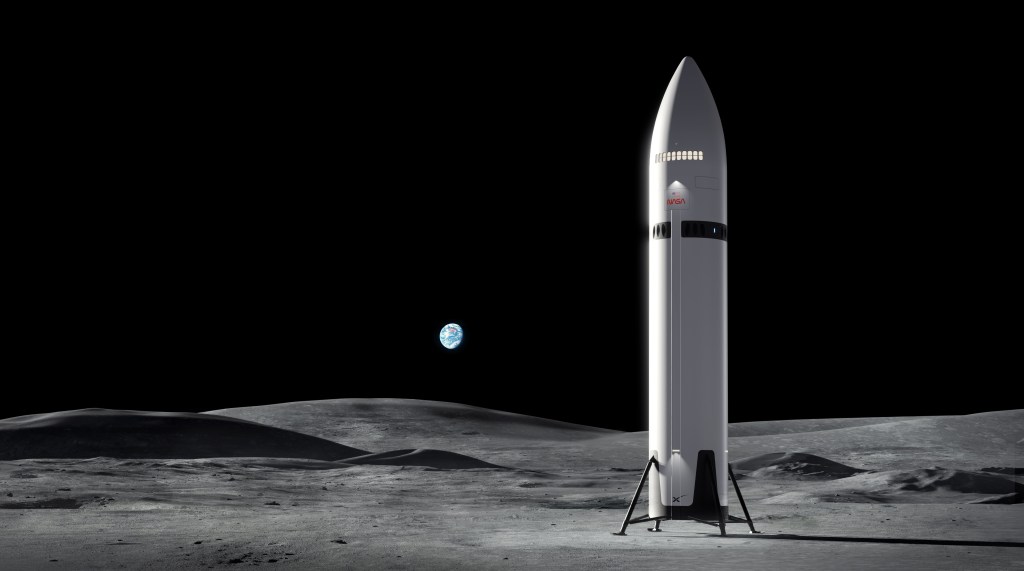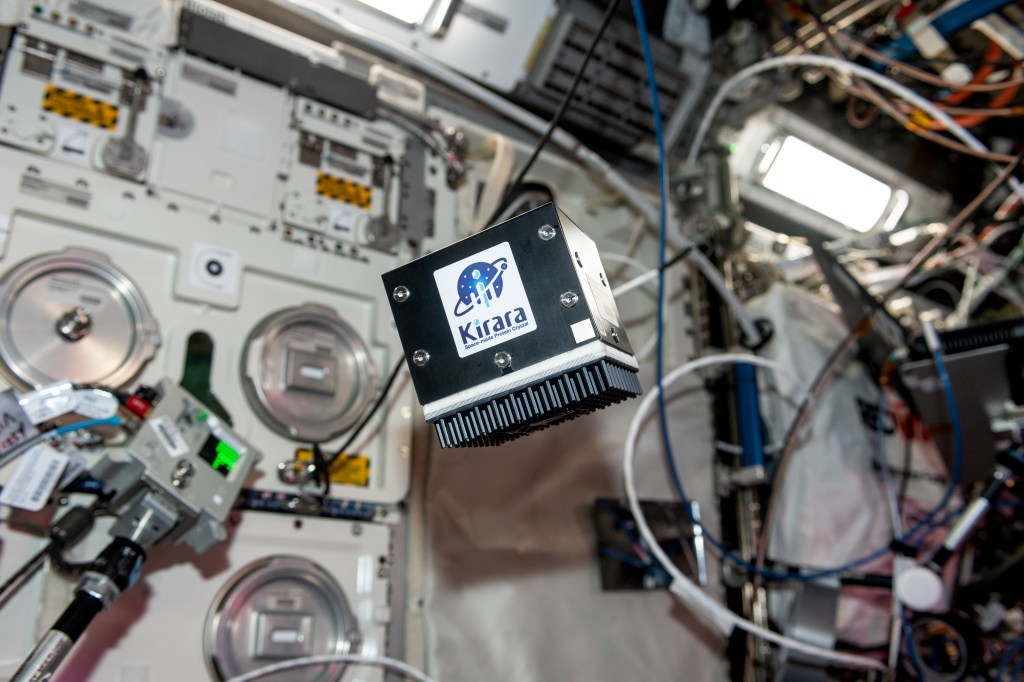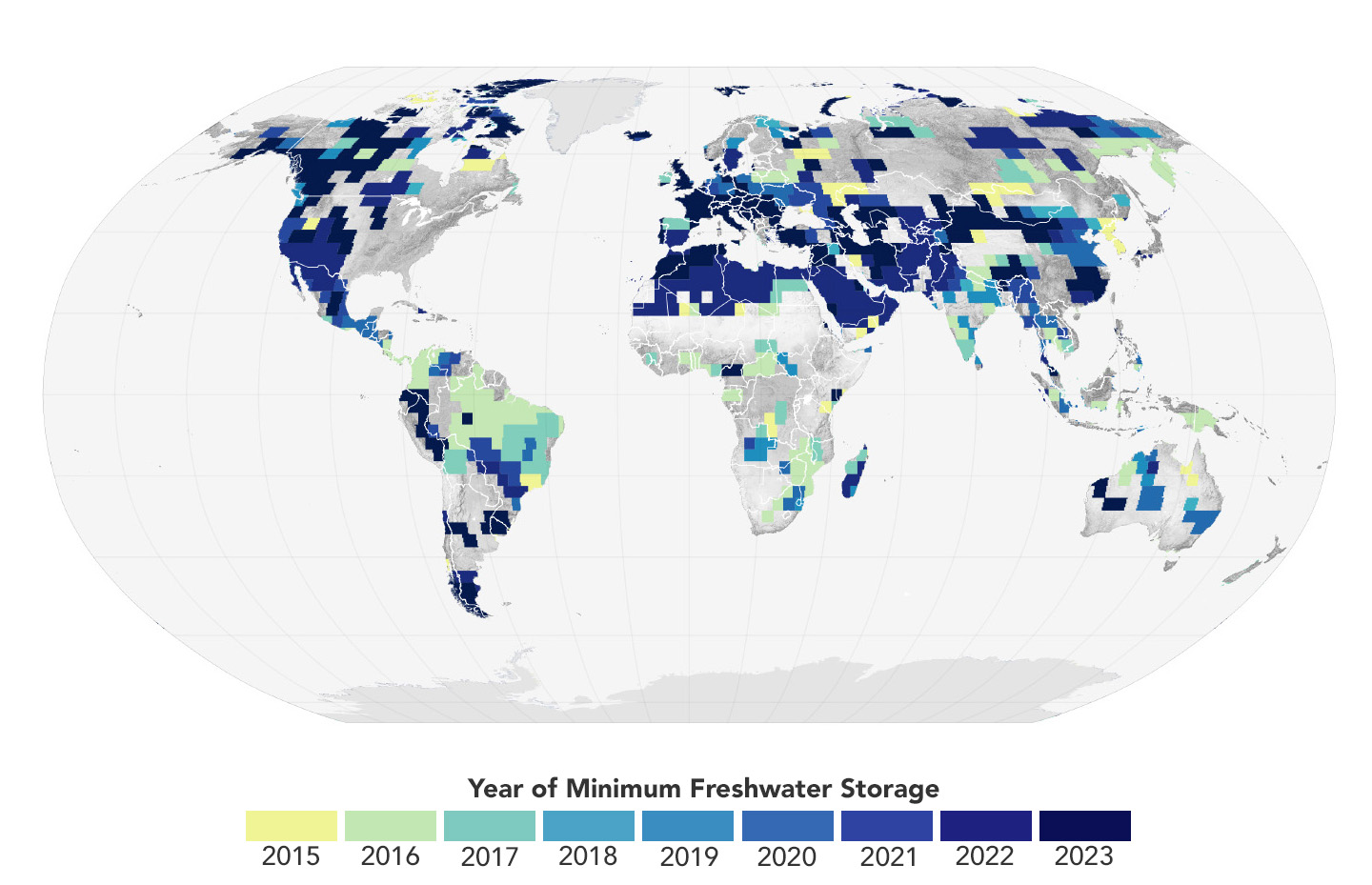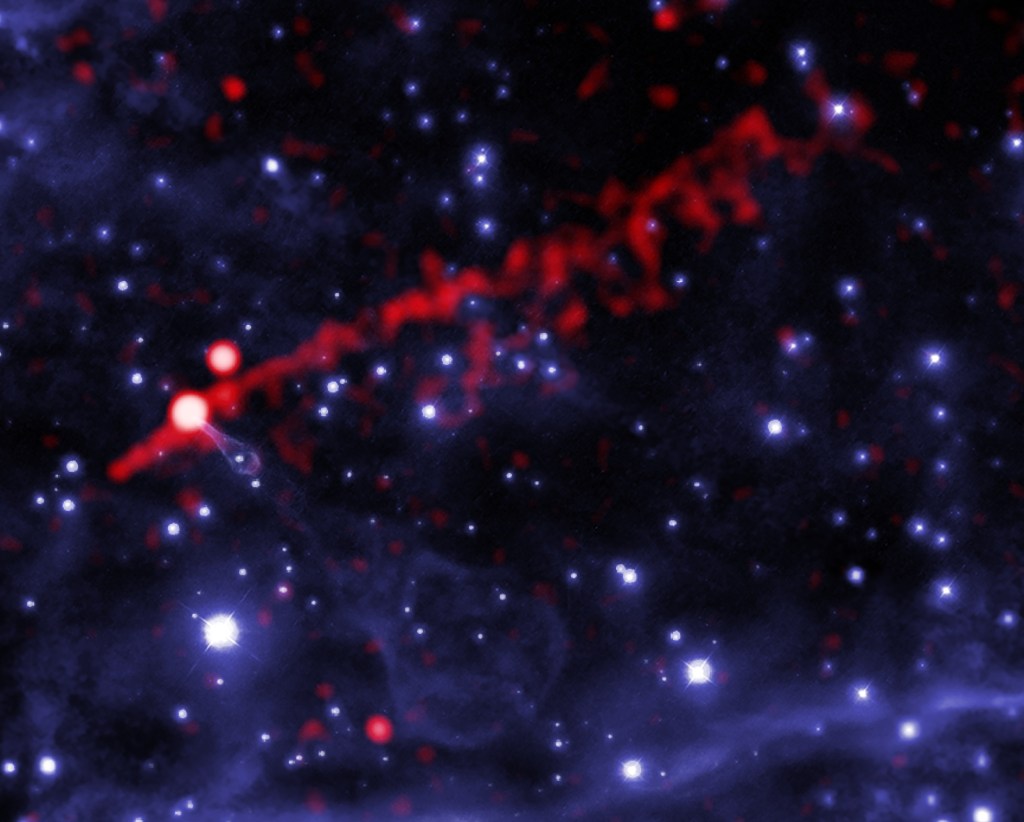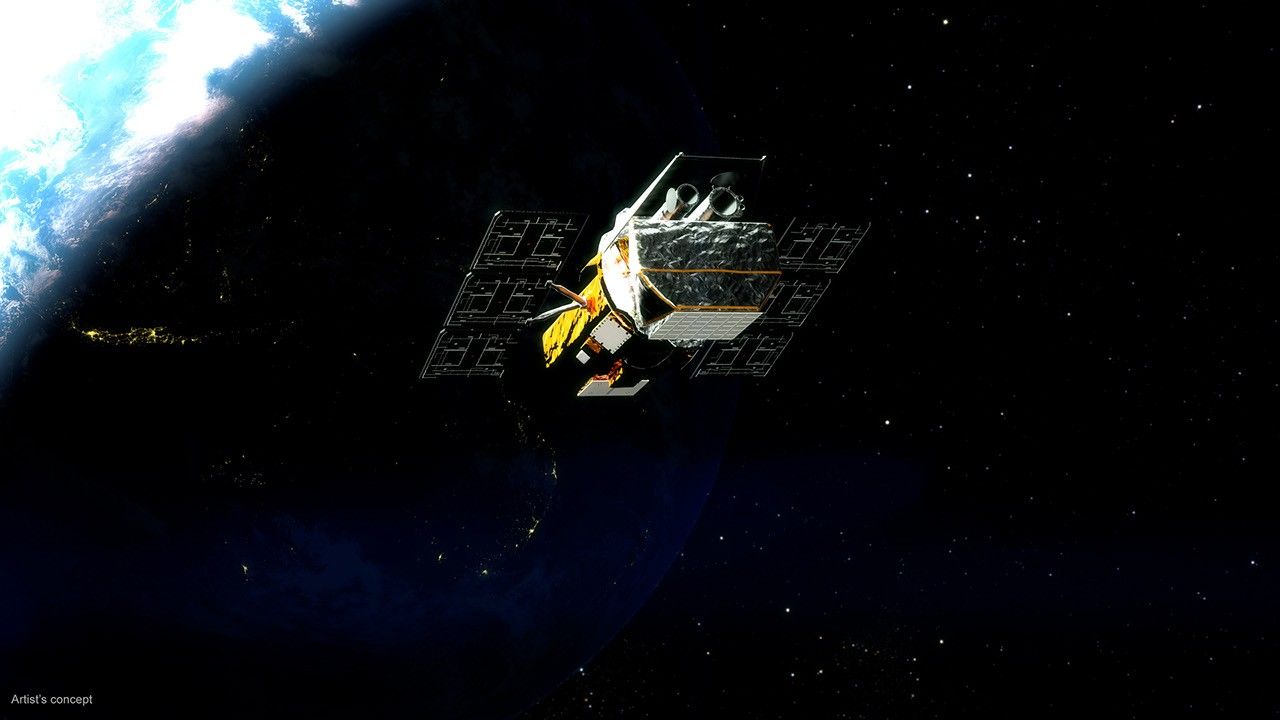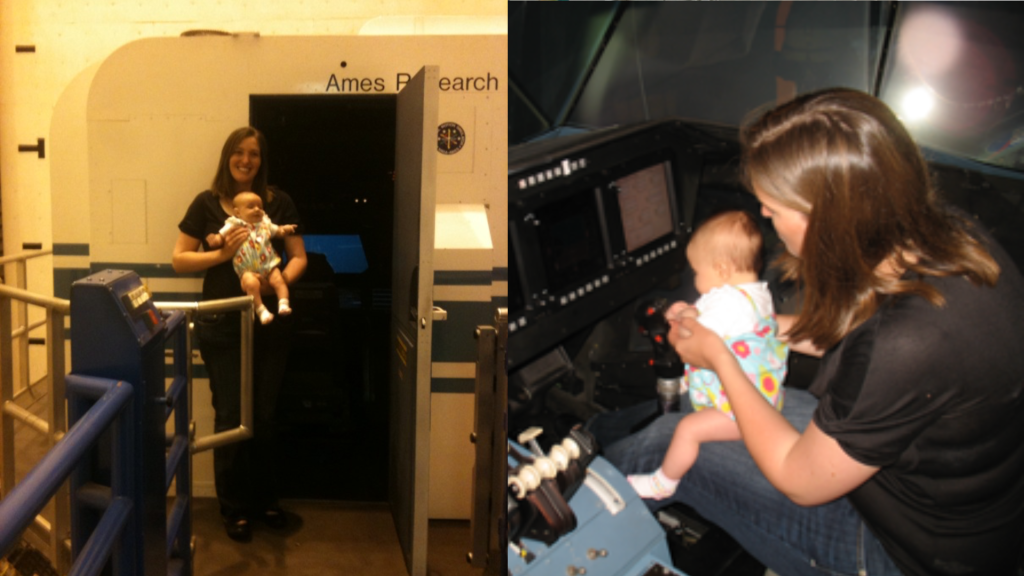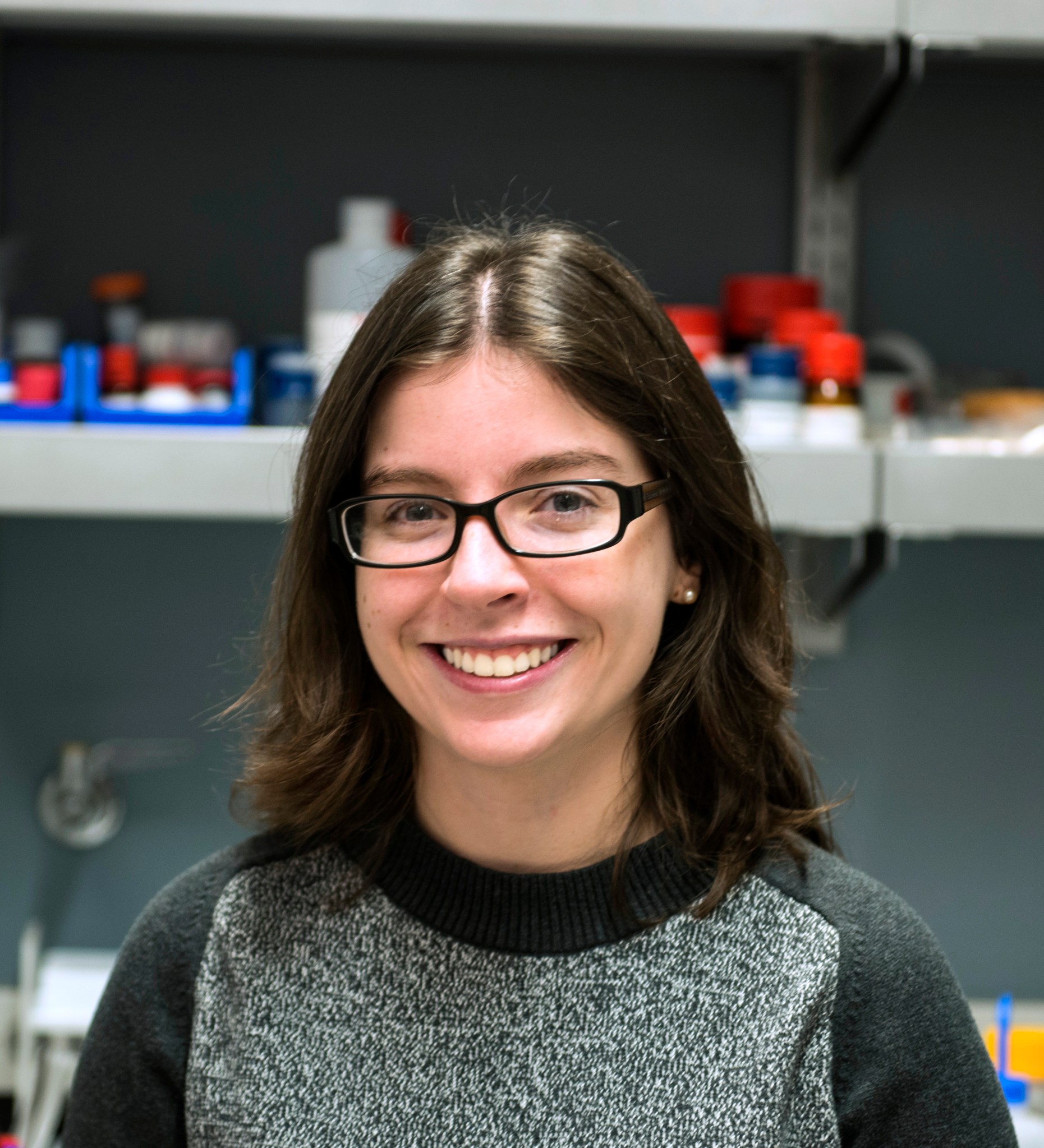Amy Frankhouser
Stanford University
Minimization of the launch mass for long-term space missions will require the establishment of sustainable manufacturing techniques that use raw materials sourced through in-situ resource utilization (ISRU). Carbon dioxide gas (CO2) is a readily available carbon source on space missions, but methods to transform it into more valuable chemicals are currently severely limited. Hydrogenation of CO2 is a particularly attractive transformation in the context of space exploration because the other necessary reactant, hydrogen gas (H2), is accessible via electrolysis of water. However, industrial CO2 hydrogenation chemistry is limited to the production of C1 products that are of low synthetic value. The proposed research project will investigate a novel method to effect the direct hydrogenation of CO2 to ethylene (C2H4), which is a valuable feedstock chemical used in the industrial production of polyethylene (PE) plastics. If optimized, this chemistry could enable the production of PE for on-site manufacturing in space.
The proposed CO2 hydrogenation process uses no solvents or transition metal catalysts, and is instead catalyzed by an alkali carbonate hydrate salt (M2CO3*xH2O). Preliminary results show that subjecting an alkali carbonate to a mixed atmosphere of H2 and CO2 at elevated temperature and pressure can result in a mixture of products including carboxylate salts and modest quantities of ethylene. This research seeks to improve the rate and selectivity of ethylene formation through a combination of mechanistic studies and process optimization. Key goals include a thorough elucidation of the reaction mechanism, optimization of the initial salt composition and reaction conditions for ethylene production, and design of a high-pressure flow reactor system that allows for precise, real-time control over the reactant mixture composition.





